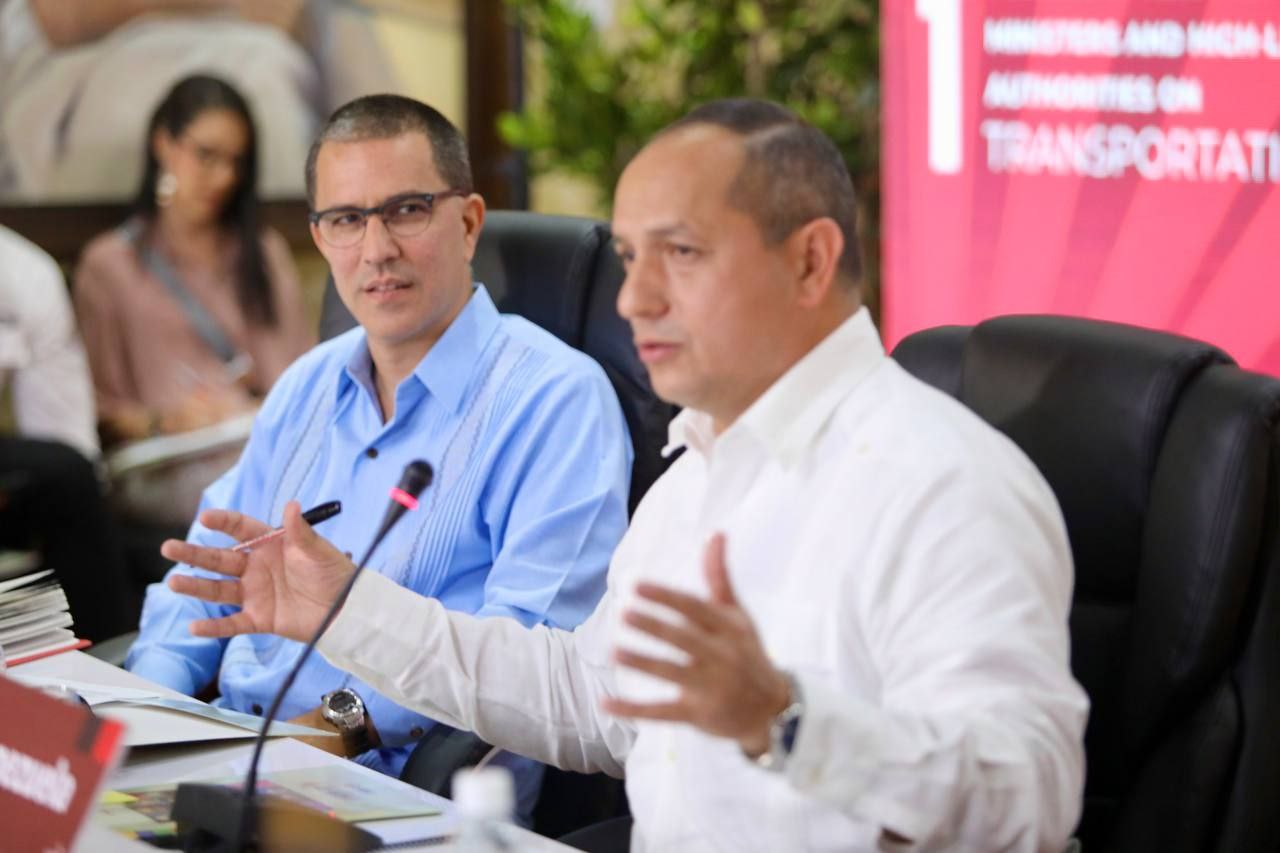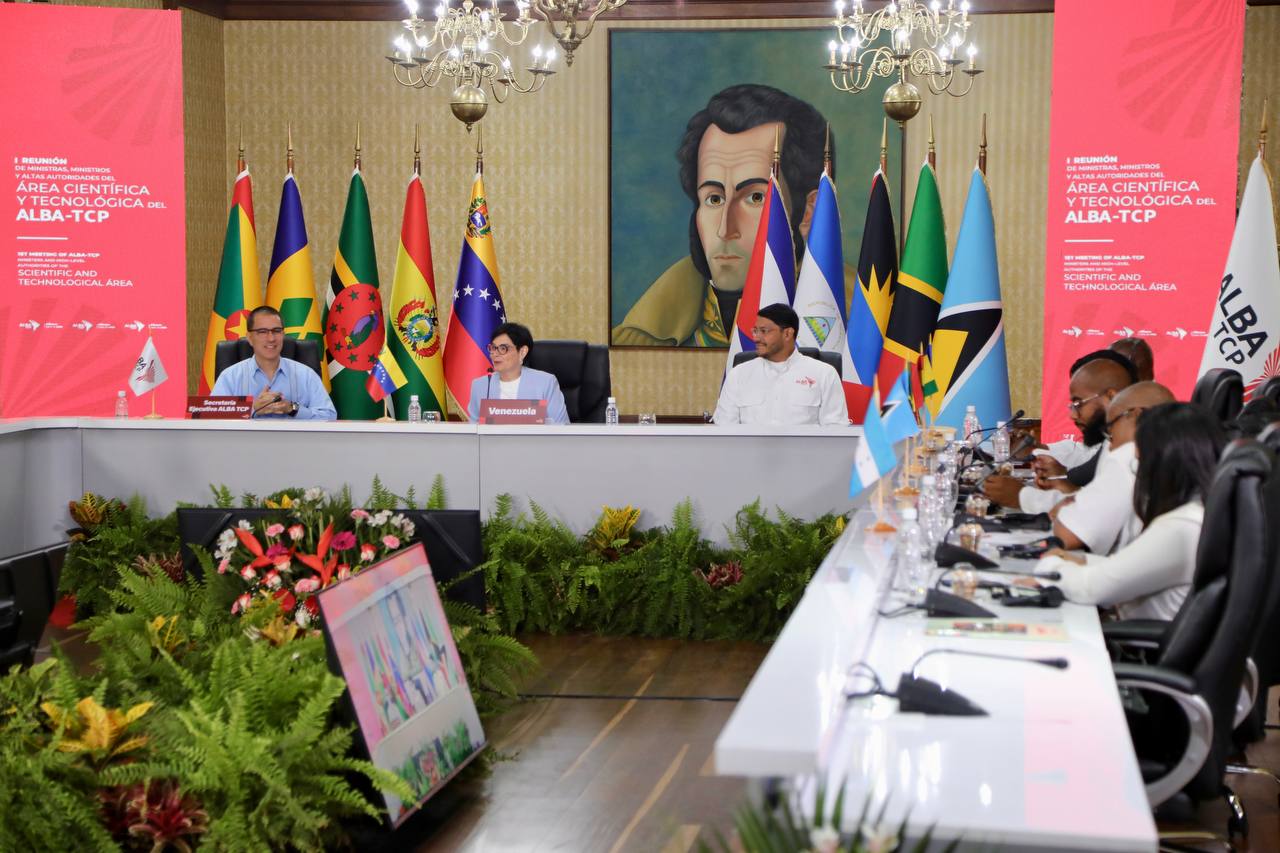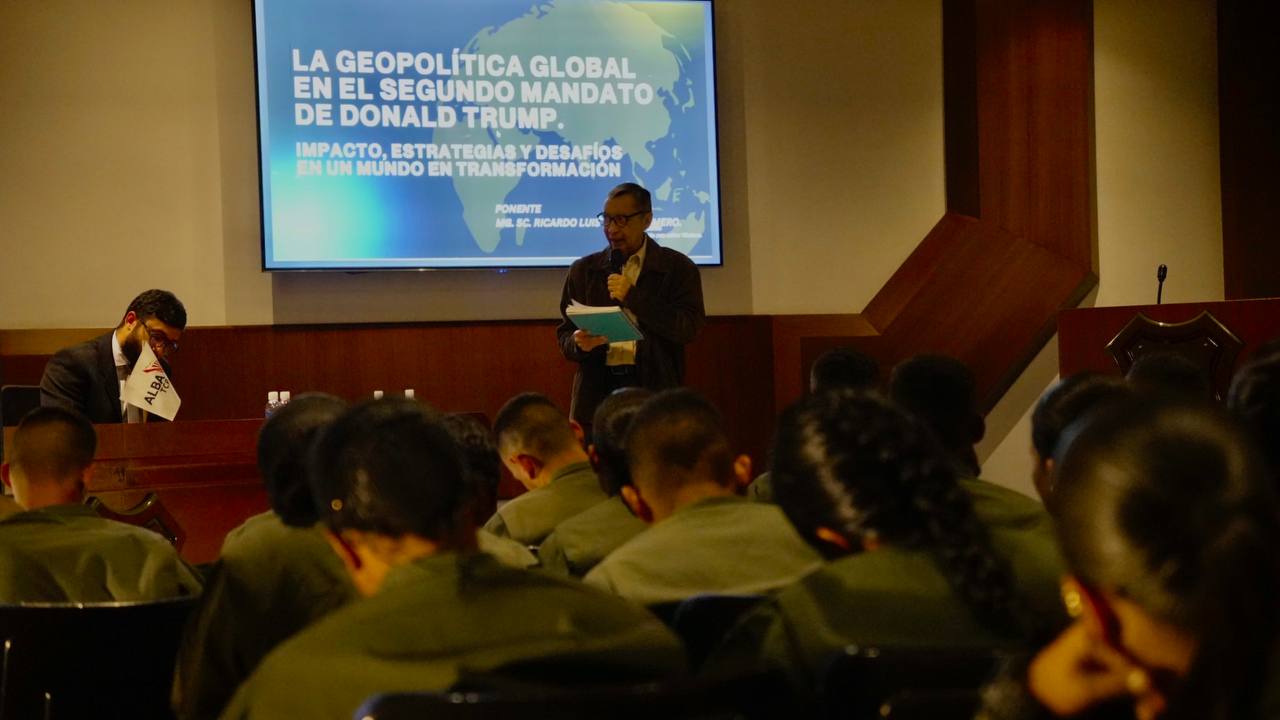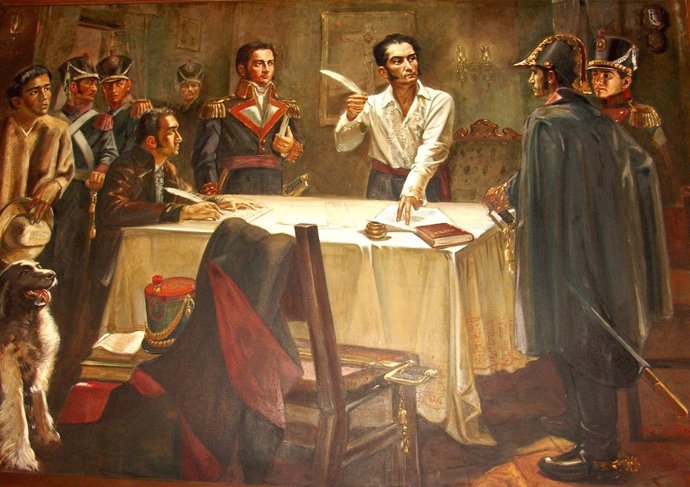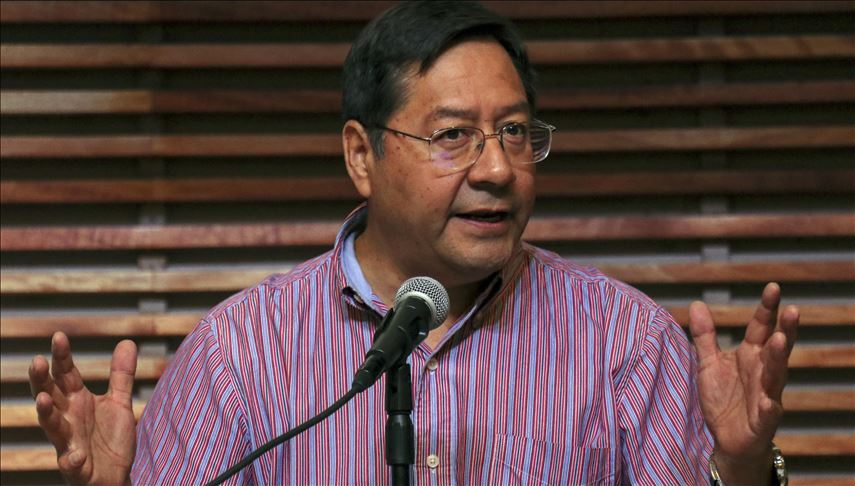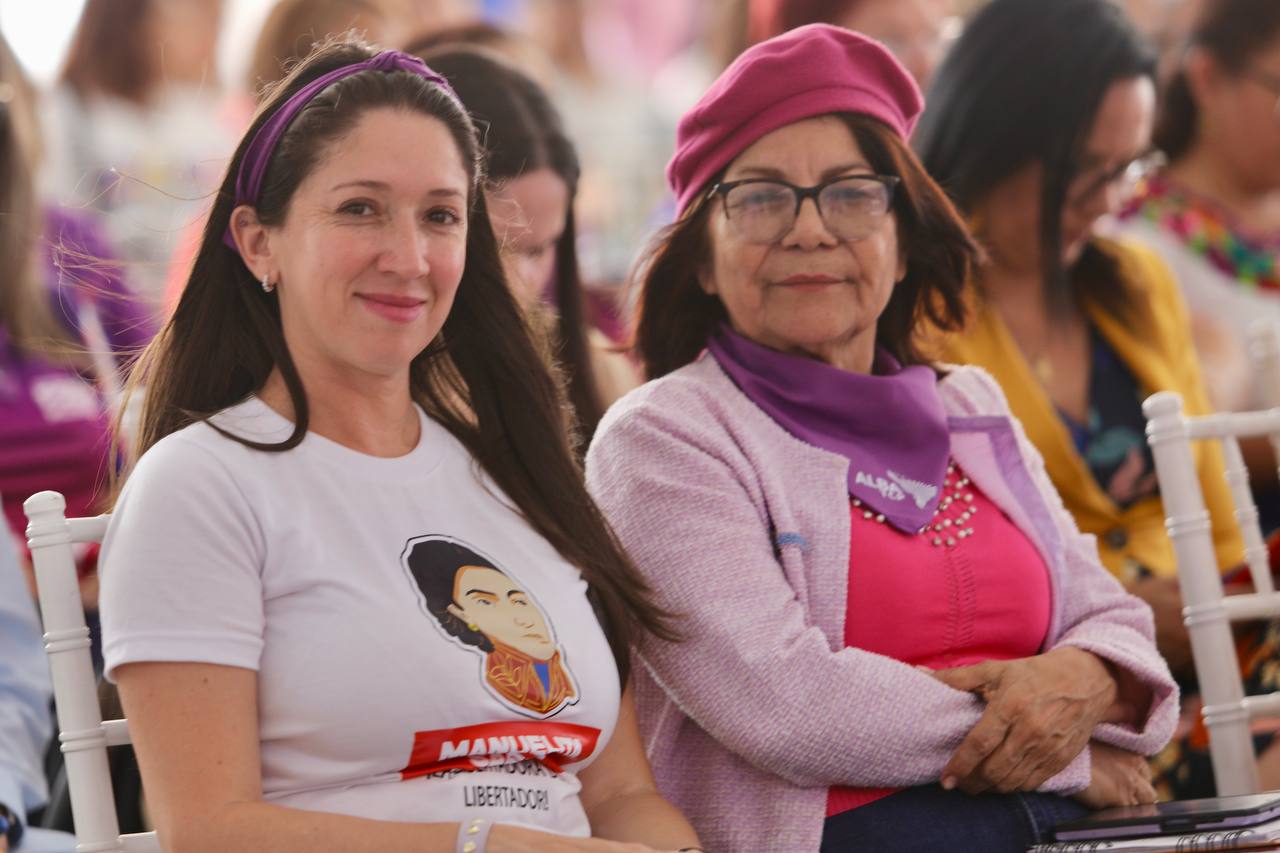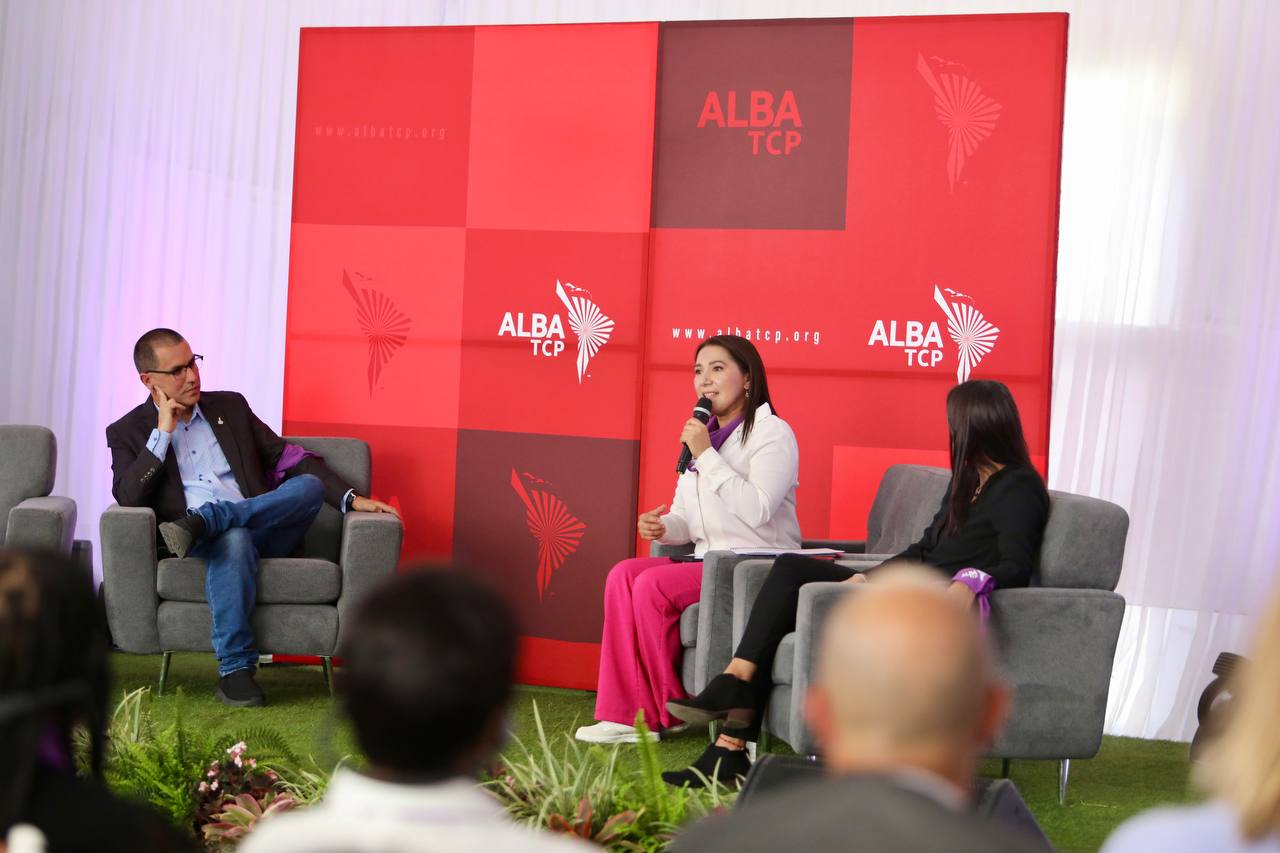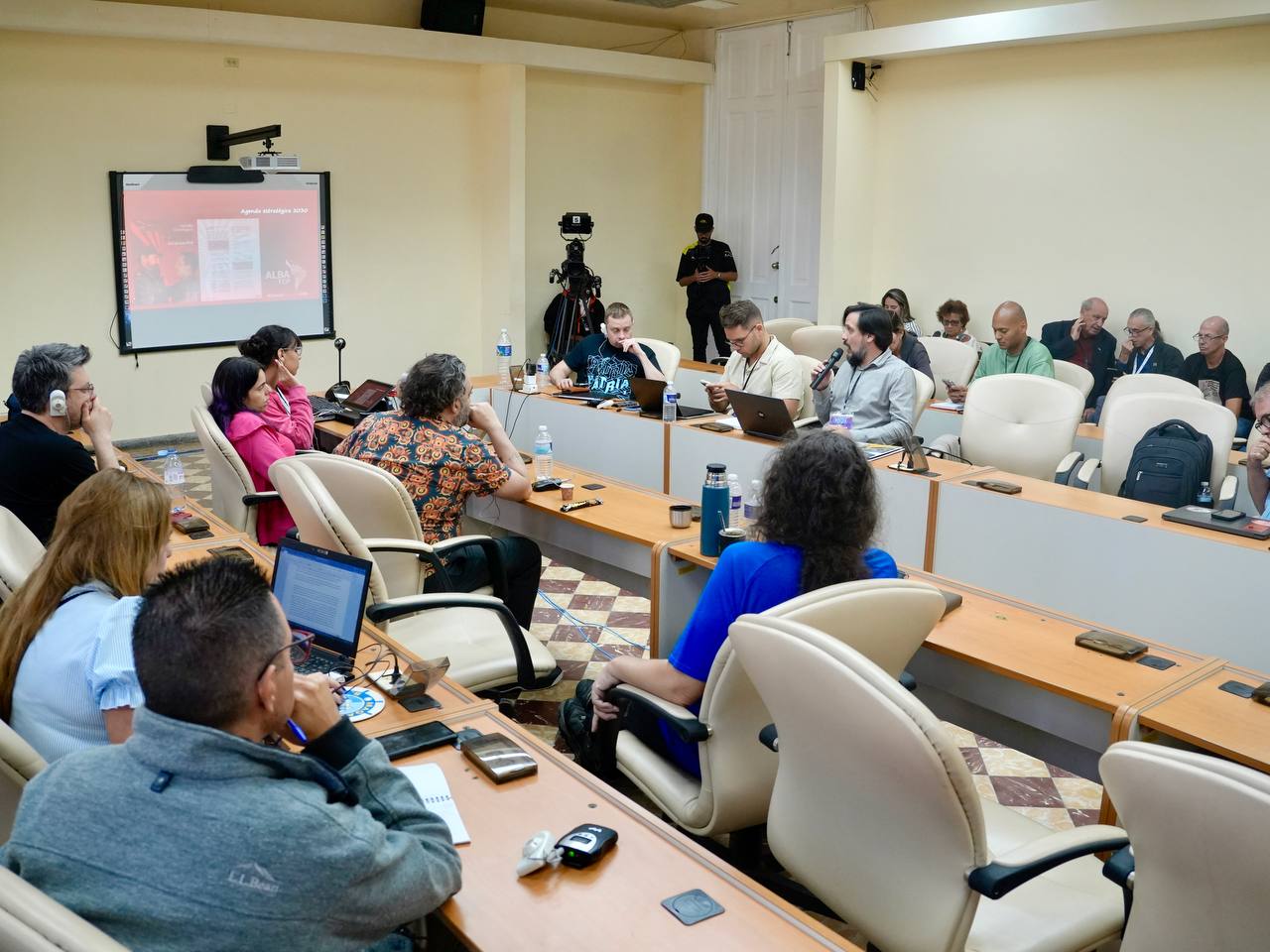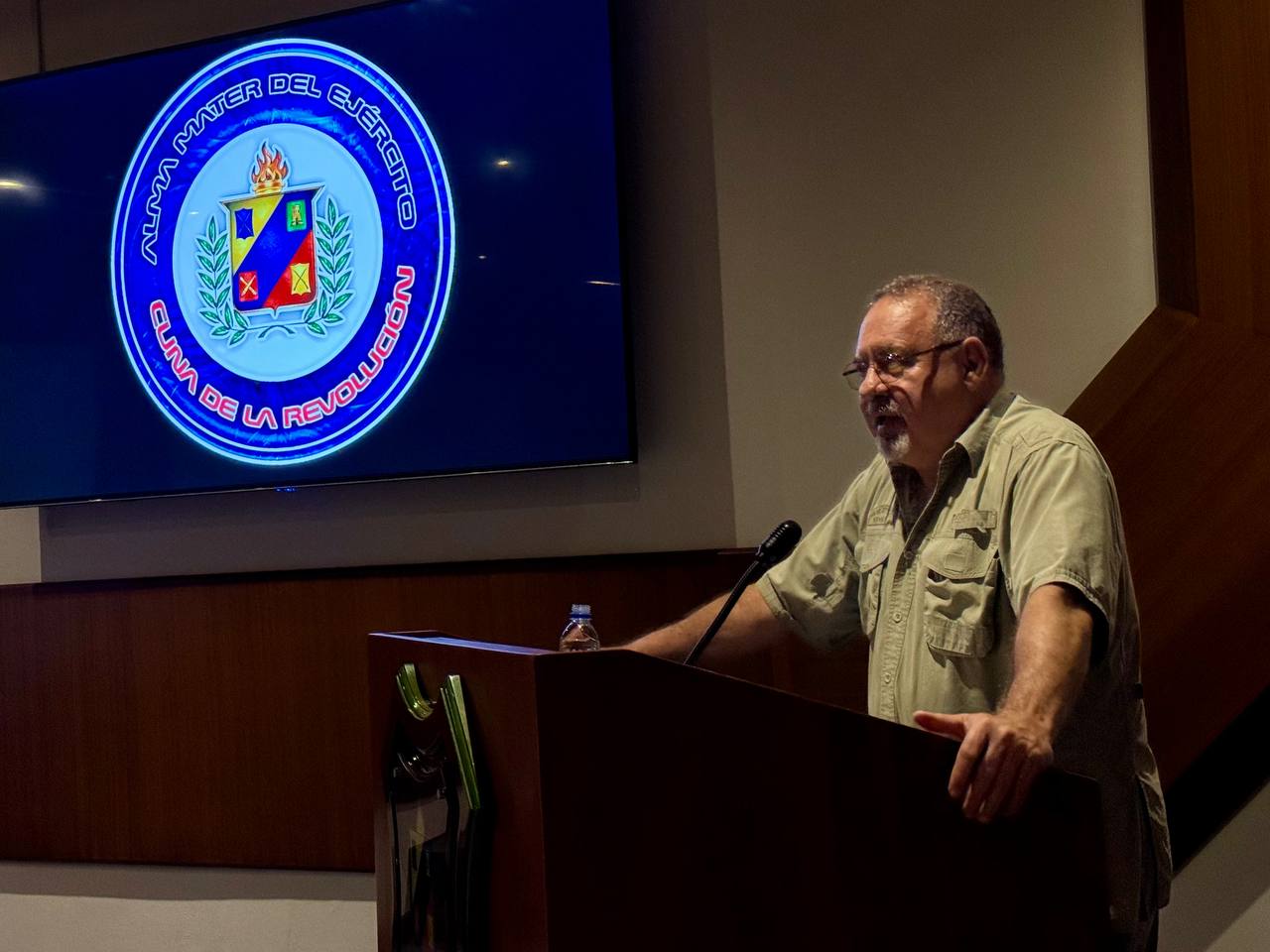Caracas, March 28, 2025 – Establishing communication and transportation mechanisms among the member countries of the Bolivarian Alliance for the Peoples of Our America – Peoples’ Trade Treaty (ALBA-TCP) was the central topic of discussion this Friday afternoon during the First Meeting of Ministers and High-Level Authorities on Transportation of the Alliance.
The meeting, held in Venezuela as part of the agreements reached at the bloc’s 12th Extraordinary Summit in February of this year, brought together representatives from the transportation sector to discuss the creation of transport routes that foster development across various areas benefiting ALBA nations.
The Executive Secretary of ALBA, Jorge Arreaza, emphasized the region’s pressing need to expand air and maritime connectivity to facilitate trade, human mobility, and tourism.
“We know that high-ranking transportation officials are working to establish our own communication networks to boost production. That is why it is crucial to reach agreements as soon as possible,” he stated.
Venezuela’s Minister of Transportation, Ramón Velásquez Araguayán, underscored the sector’s importance, arguing that a country’s growth is directly tied to the expansion of its transportation infrastructure.
“We must establish new communication links that yield tangible results. Without air and maritime bridges, there is no communication, and our common goal must be to create these connections,” he declared.
He stressed the importance of identifying export routes, understanding each country’s specific needs, and assessing their capacity to train human talent in the transportation sector. He also announced that Venezuela is offering its resources for transportation-related training and skill development.
Furthermore, he highlighted the need to strengthen technical cooperation in areas where Venezuela has been making progress, such as bridge and drone construction, as well as the manufacturing of vehicle and ship components.
“Incentivizing airport services to make tourism and business more feasible, while also promoting the inclusion of women in all areas of transportation, is essential,” he added.
Finally, he emphasized the importance of creating treaties and agreements to improve the economy and enhance the integration of the transportation system within the Bolivarian Alliance.
